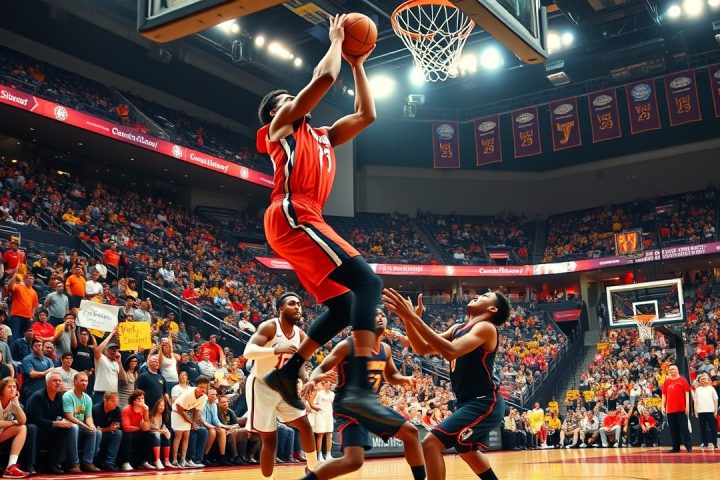The Rise of Padel in the UK
The rise of padel in the UK can largely be attributed to a surprising figure: Nasser Al-Khelaifi, the president of Paris Saint-Germain (PSG). While many might not see a direct connection, Al-Khelaifi is a crucial player in the growing popularity of this sport, partly thanks to his involvement in high-profile events like Saturday’s Champions League final and social media engagements alongside former footballer Micah Richards after the semi-finals.
Qatar’s Investment in Padel
Al-Khelaifi, a former tennis professional, has leveraged Qatar’s vast financial resources to back padel, an emerging sport that has seen rapid growth. His power extends beyond this venture, as Qatar Sports Investments, which owns PSG, also controls major organizations like Premier Padel and the World Padel Tour. This progression aligns with his broader vision for expanding Qatar’s influence in international sports, particularly soccer.
Strategic Foresight in European Football
The question of Al-Khelaifi’s role raises discussions about his strategic foresight in the realm of European football. Following the controversial European Super League proposal, sources have implicated PSG in discussions up until the final moments before the Super League’s collapse. However, Al-Khelaifi’s subsequent, principled opposition positioned him advantageously within European football’s hierarchy.
Transformation of the European Club Association
His involvement with the European Club Association (ECA) has transformed its status significantly. After a major shake-up in the ECA following the Super League fallout, Al-Khelaifi emerged as its chairman, despite initial reluctance to assume the role. The organization has since evolved from representing a select few elite clubs to becoming a substantial entity in its own right, partnering with UEFA for a new initiative that gives them shared control of the Champions League.
Mixed Reactions and Potential Conflicts of Interest
This newfound power has led to mixed reactions from rival executives, particularly concerning Al-Khelaifi’s potential conflicts of interest. Since he also manages a prominent broadcasting company, BeIn Sports, critics—like LaLiga president Javier Tebas—have raised concerns about the fairness of his dual roles in terms of European football governance.
The Evolving Landscape of Club Football
The Champions League, now operating under a format that some argue resembles a ‘super league’ endorsed by UEFA, highlights the evolving landscape of club football. With the 36-team structure drawing teams from various domestic leagues, it opens discussions on whether this represents a genuine competition or merely a rebranded version of previous proposals that sought to redistribute football’s wealth.
Expansion Strategies and Commercialization
UEFA and the ECA are prioritizing efforts to capitalize on American audiences, recognizing the potential for growth in this market. In collaboration with the US agency, Relevent, they are focused on enhancing fan engagement, despite pushback from supporter groups wary of commercialization elements that may detract from traditional football culture. This expansion strategy hints at broader ambitions for the Champions League, potentially including matches that take place on weekends to attract new viewers.
The Future of Football
Al-Khelaifi’s influence within the ECA and European football continues to grow as PSG aims for success in the Champions League. His efforts reflect a larger trend of financialization in soccer, where monetary considerations often overshadow the sport’s cultural significance. As this landscape shifts under his leadership, the ultimate question remains: Is this evolution advancing the game, or merely reshaping it for financial gain?
As PSG stands on the brink of pivotal success in European football, questions about governance, commercial interests, and the future of the sport will loom large—especially given Qatar’s geopolitical ambitions intertwined with its sporting investments. In the realm of football politics, Nasser Al-Khelaifi is undeniably a figure whose actions will shape the coming era, successfully merging sport with substantial economic and political implications.




